Reflecting on 2023
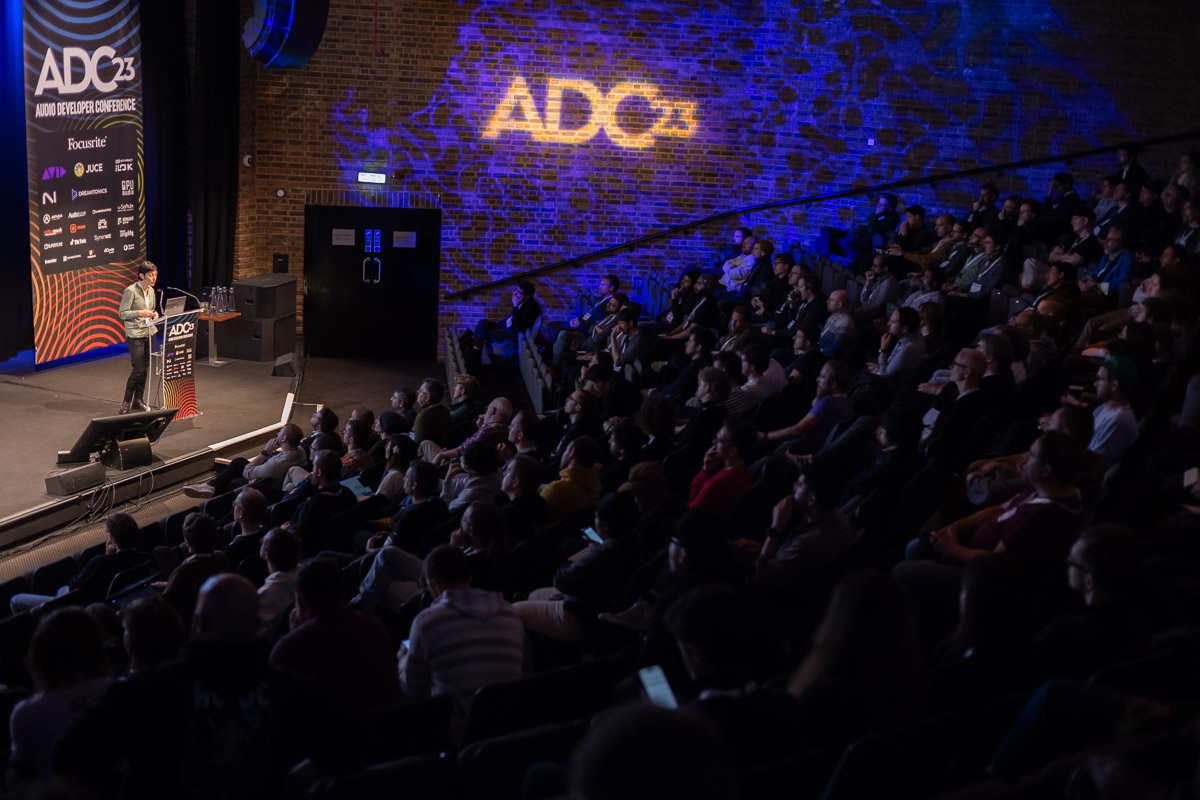
I have been trying to catch up with this blog post since early December 2023. On this occasion, it has not been possible until now. You will find out why at the end of this blog post.
Anyhow, in this blog post, I reflect on how this year has been in terms of key activities and outputs, as well as propose my intentions for future achievements.
Research
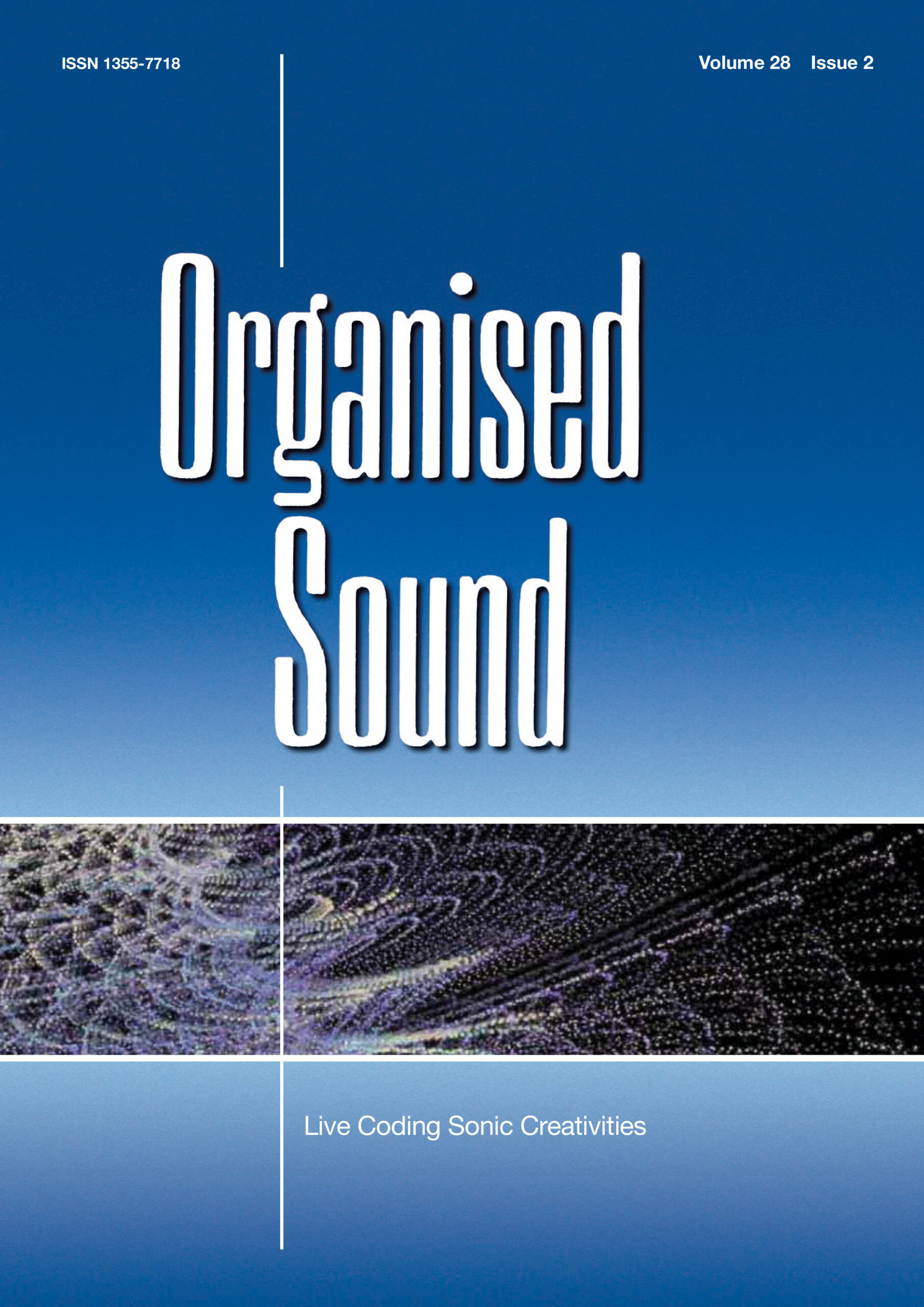
This year has consolidated two projects that I have been working on for some time:
- Live Coding Sonic Creativities: This special issue for Organised Sound, co-edited with Gerard Roma, Thor Magnusson and with the help of Leigh Landy, has been published. You can also find an article of mine about the MIRLCAuto project. You can read our editorial as well as my article, both Open Access, here:
- Xambó, A., Roma, G., Magnusson, T. (eds.) (2023). Special Issue on Live Coding Sonic Creativities. Organised Sound. 28(2). Xambó, A. (2023). Discovering Creative Commons Sounds in Live Coding. Organised Sound (Open Access). 28(2): 276–289.
- Sensing the Forest: Peter Batchelor (DMU, LMS/MTI^2), Matthew Wilkinson (Forest Research), Georgios Xenakis (Forest Research) and I as a Principal Investigator (DMU, LMS/MTI^2) were awarded an Arts and Humanities Research Council (AHRC) Early Career Grant for our project “Sensing the Forest: Let the Forest Speak using the Internet of Things, Acoustic Ecology and Creative AI”. The project will run from 2023 to 2025.
Music
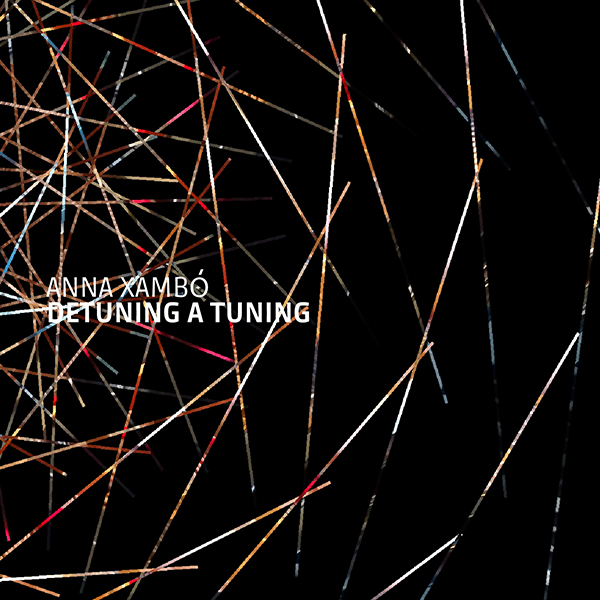
In 2023, I focused more on the music studio than on performing. I have released a solo album that was in the oven for a long time, as well as was honoured to participate in two special compilations. Also, my only two site-specific performances this year have occurred in two unique events and venues.
Album release
- detuning a tuning: explores the sonic boundaries between tuning and detuning. The aural expedition consists of deconstructing audio recordings of Greg Chryssopoulos tuning a Kawai RX-6 grand piano at the School of Music, Georgia Tech, Atlanta, USA, recorded in February 2017. The album explores algorithmic music composition using SuperCollider with spectral modelling synthesis, mainly using the FluCoMa library for the latter. The recorded tuning process is listened to by self-built algorithms and used to control an abstract synthesiser. This process generates an organic evocative “décollage” of textural sounds merged with the recordings.
Compilations
- Kicks & Cuts (remastered) (2:21) @ f:p podcast episode 128_Ana Maria Romano G. (female:pressure, 5 January 2023) is a female:pressure podcast curated by Colombian artist Ana Maria Romano Gomez.
- mnnw (extract) (3:55) @ LOLTRAX001 (December 1, 2023): Participation in the compilation LOLTRAX001 with the track mnnw (extract). LOL Editions. This compilation is curated by Joe Beedles and Guillaume Dujat. Recommended donation £8. Limited Edition Cassette £12. All proceeds are donated to MIND (UK-based mental health charity).
Solo Performances
- Ceci n’est pas une usine. +RAIN Film Fest, Universitat Pompeu Fabra/Sonar+D, Barcelona, Spain. June 14, 2023. Inspired by the location of the event at Ca l’Aranyó, a cotton factory from the 19th century that became a university audiovisual department in the 1980s, as well as the current ubiquitous AI turn, this session sonically inspects technological transformations from mechanical to automatic to synthesised to imagined soundscapes through live coding. This was presented in the LIVE event that was part of the 1st +RAIN Film Fest featuring works of Albert Barqué-Duran, Anna Xambó, Finding Light in the Distortion, Jennifer Walshe and Nao Tokui.
- (un)pack. I2MT Inaugural Concert, University of Nottingham, UK. November 30, 2023. The Interactive & Intelligent Music Technologies Research Group (I2MT) Inaugural Concert featured music works by Juan Martínez Ávila, Steve Benford, Craig Vear, John Richards (AKA Dirty Electronics) and special guest Anna Xambó. This live coding session investigates the transient everyday sound of packing and unpacking. The visible code will reveal the improvisational nature of the session, in which the use of own recordings will be enhanced with an augmented AI-powered digital sampler.
Teaching
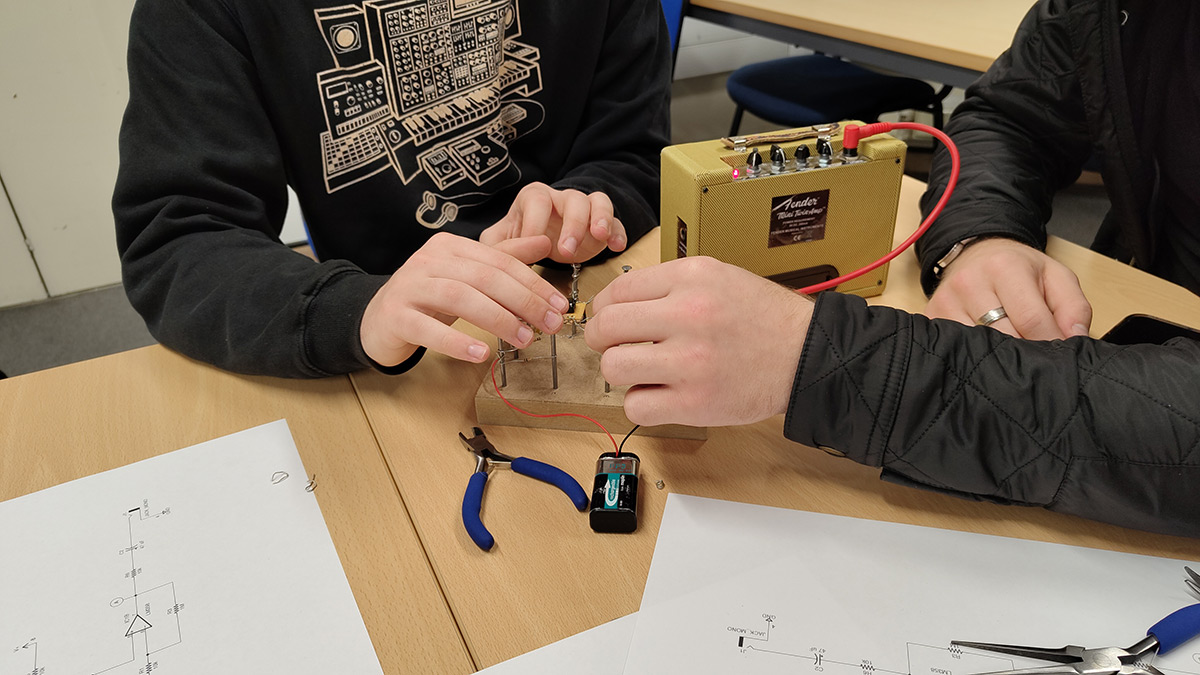
I’ve been exploring teaching audio electronics using a range of different technologies. You can read my blog post about it here:
Community
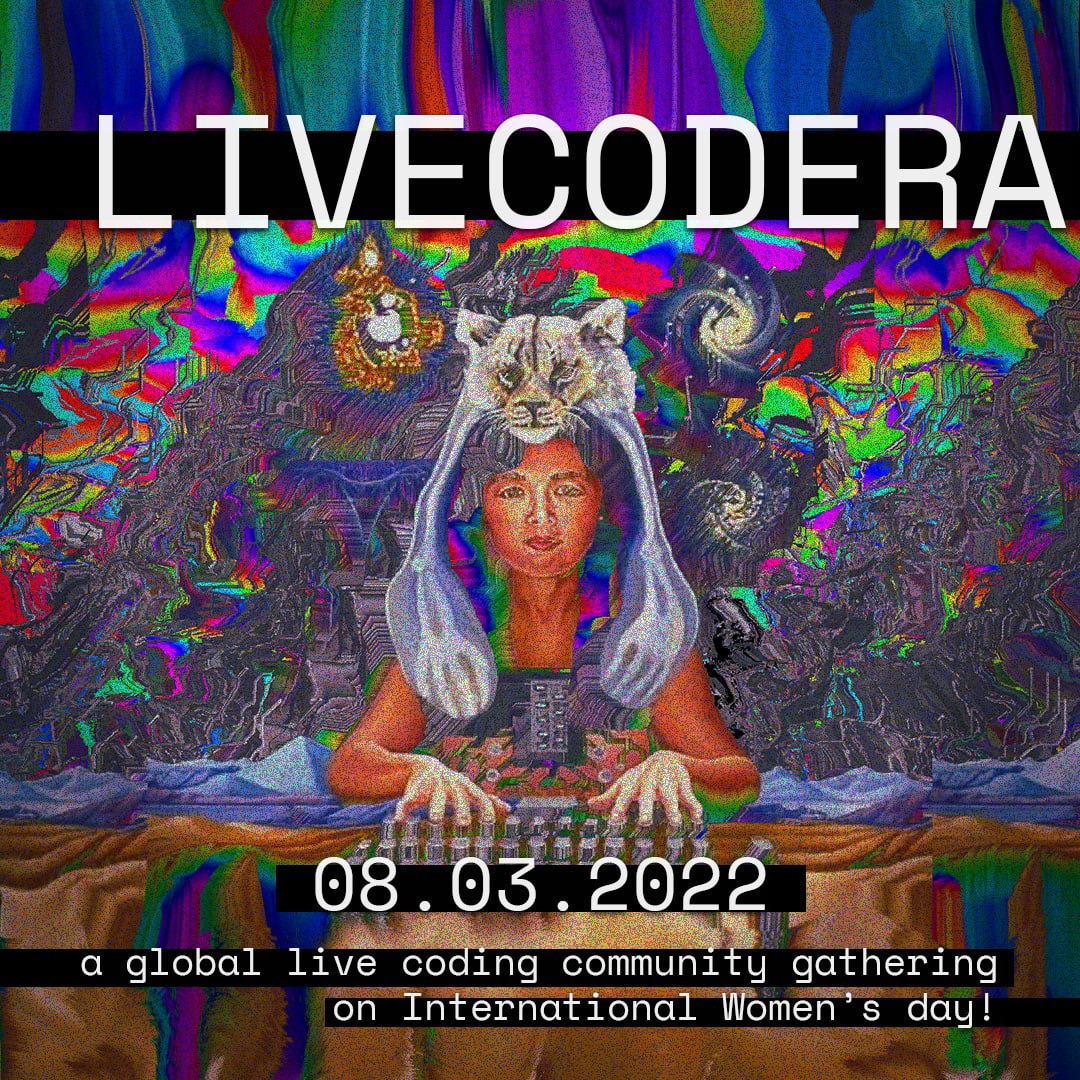
In 2023, I have been invited to give the following talks:
- (March 3, 2023). Guest talk about NIMEs as part of the workshop Introduction to Making Digital Music Instruments. LEADD:NG. University of Nottingham.
- (June 7, 2023). Guest talk About NIME, NIMEness, and Speculative Futures. Creative Technologies II, Creative Technologies Master's Program, Film Universität Babelsberg Konrad Wolf, Potsdam, Germany.
- (October 25, 2023). Seminar talk "Sensing the Forest: In the search for epistemological cross-pollination between forest research, HCI and SMC". Online CHIME Seminar with Chris Nash and Anna Xambó. CHIME Seminar, Online. You can read a blog post about the CHIME presentation here.
- (November 14, 2023). Keynote From NIME to NISE: Rethinking the design and evaluation of musical interfaces. Audio Developer Conference 2023 (ADC23), London, UK. You can read a blog post about the CHIME presentation here
- (December 15-16, 2023). Panellist of the panels "AI and Ethics" and "AI in Performance" at the symposium "AI in Music (AINMUSIC): Agency, Performance, Production and Perception", University of Music Trossingen/KISS project, Trossingen, Germany / online.
Other highlights are:
- 100 Blog Posts - A celebration of my blogging by reaching a hundred blog posts and talking about it.
- Champlin, A., Chicau, J., Corfiel, M., Knotts, S., Marie, M., Saladino, I., Xambó, A. (2023) “LivecoderA Community Report” (Community Report Paper). In Proceedings of the International Conference of Live Coding (ICLC 2023). Utrecht, The Netherlands. A joint effort to share with the live coding community the genesis and mission of the solidarity group LivecoderA.
Other achievements / press / expositions
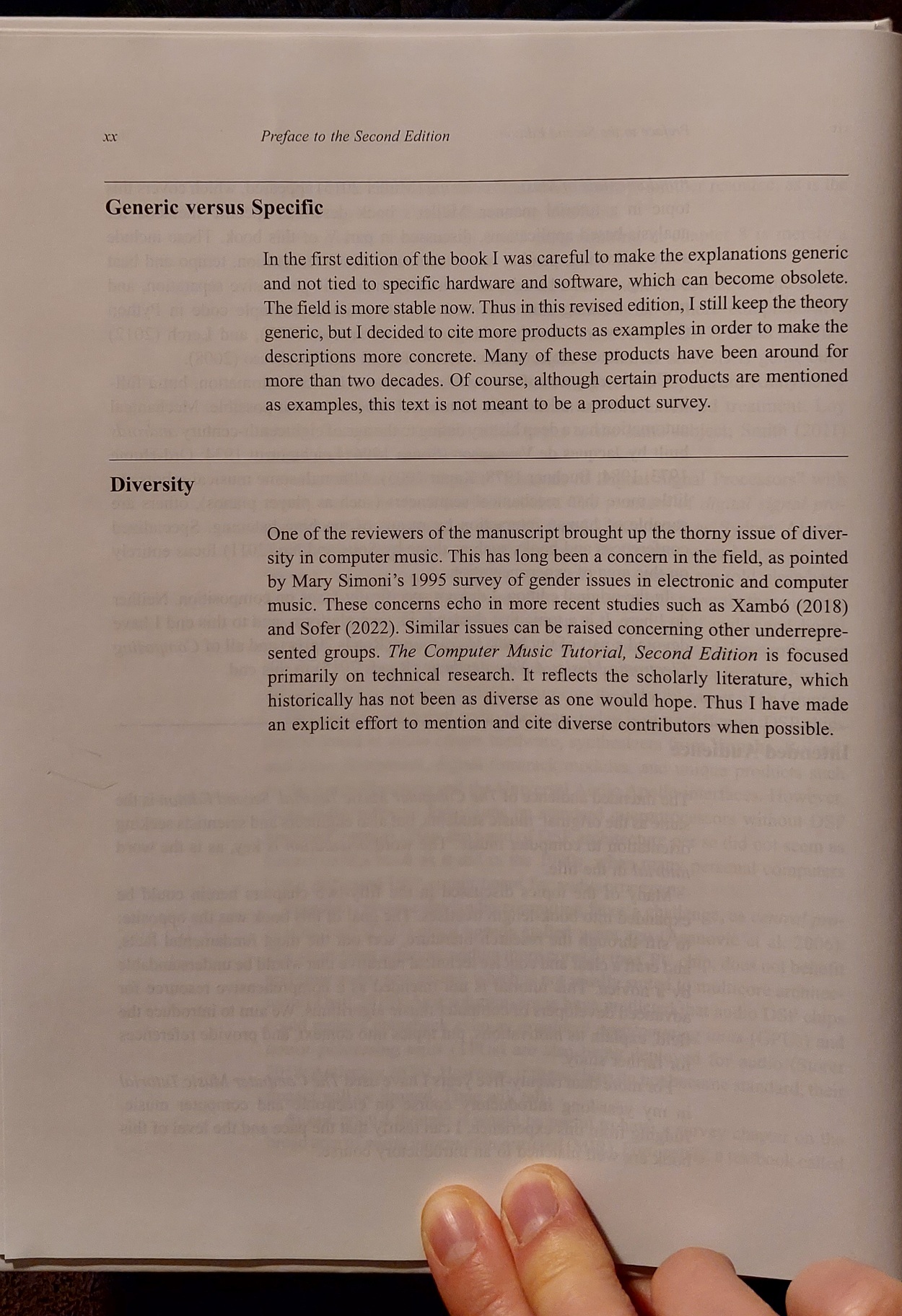
- (August/September, 2023) Testimonial of how I am coping with and using AI in my musical practice, published in the article AI and the Future of Human Made Music. Introduction and Interviews by Jonas Vognsen. Perfect Sound Forever online music magazine.
- Citation of ‘Xambó, A. (2018) “Who Are the Women Authors in NIME? - Improving Gender Balance in NIME Research”. In Proceedings of the New Interfaces for Musical Expression (NIME ’18)’ appearing in the Preface to the Second Edition of Curtis Road’s The Computer Music Tutorial (The MIT Press, 2023).
New Year’s resolutions
2024 promises to bring change and consolidation. Change because I have started a new job position as Senior Lecturer in Sound and Music Computing at the Centre for Digital Music (C4DM), School of Electronic Engineering and Computer Science, Queen Mary University of London, which is very exciting!
Consolidation because we are and continue working hard with the Sensing the Forest project so that we can deliver what we promised. I feel honoured to work with a great team and we are enjoying how the project is growing (like a forest!), which is very thrilling!
In 2023, I took a 1-year hiatus from social media (Facebook, Instagram and Twitter), which has been useful and informs my next steps this upcoming year.
Happy and Fruitful New Year 2024!
Acknowledgements
I would like to dedicate this blog post to my colleagues and family at De Montfort University, the Music, Technology and Innovation – Institute of Sonic Creativity (MTI^2), with special thanks to Leigh Landy for his constant guidance and mentorship. Thanks MTI^2 for 4 years of friendship and many more to come. Thanks to Angela Brennecke for sharing with me the Second Preface of Curtis Road’s CMT and celebrating diversity in music technology. Last but not least, thanks to Gerard for his constant support.